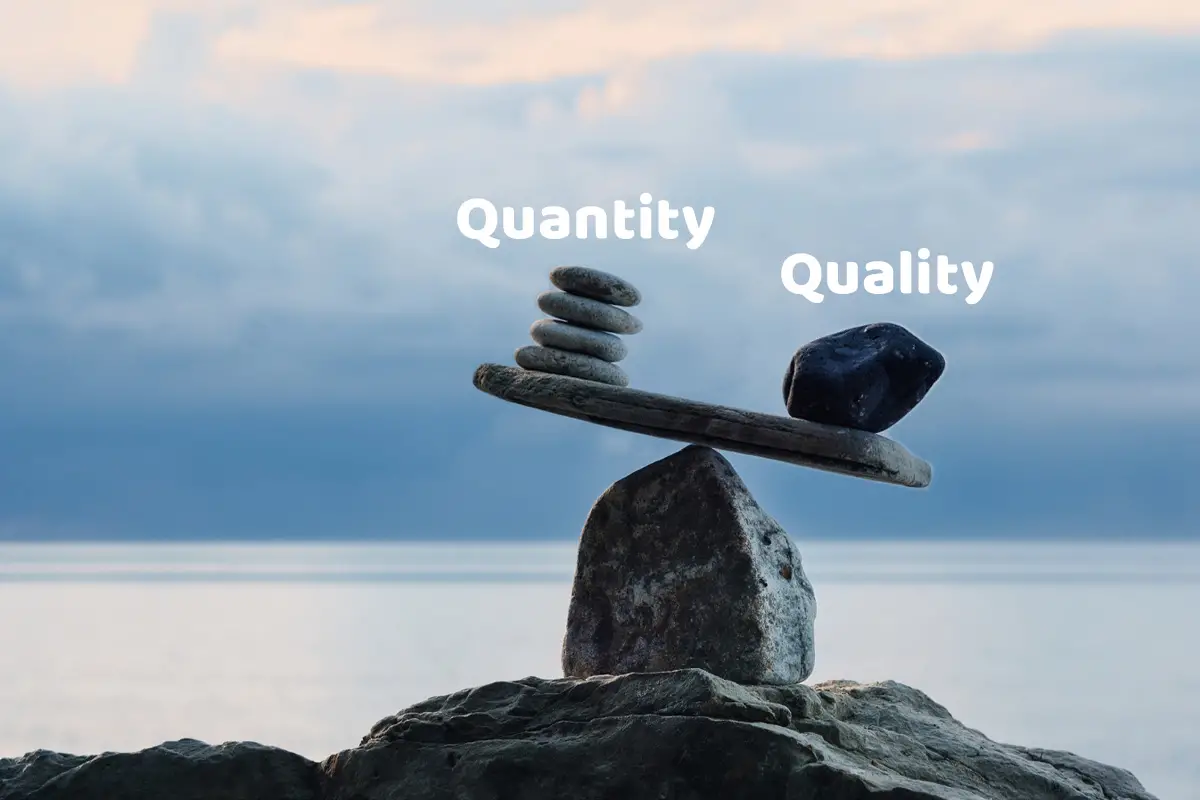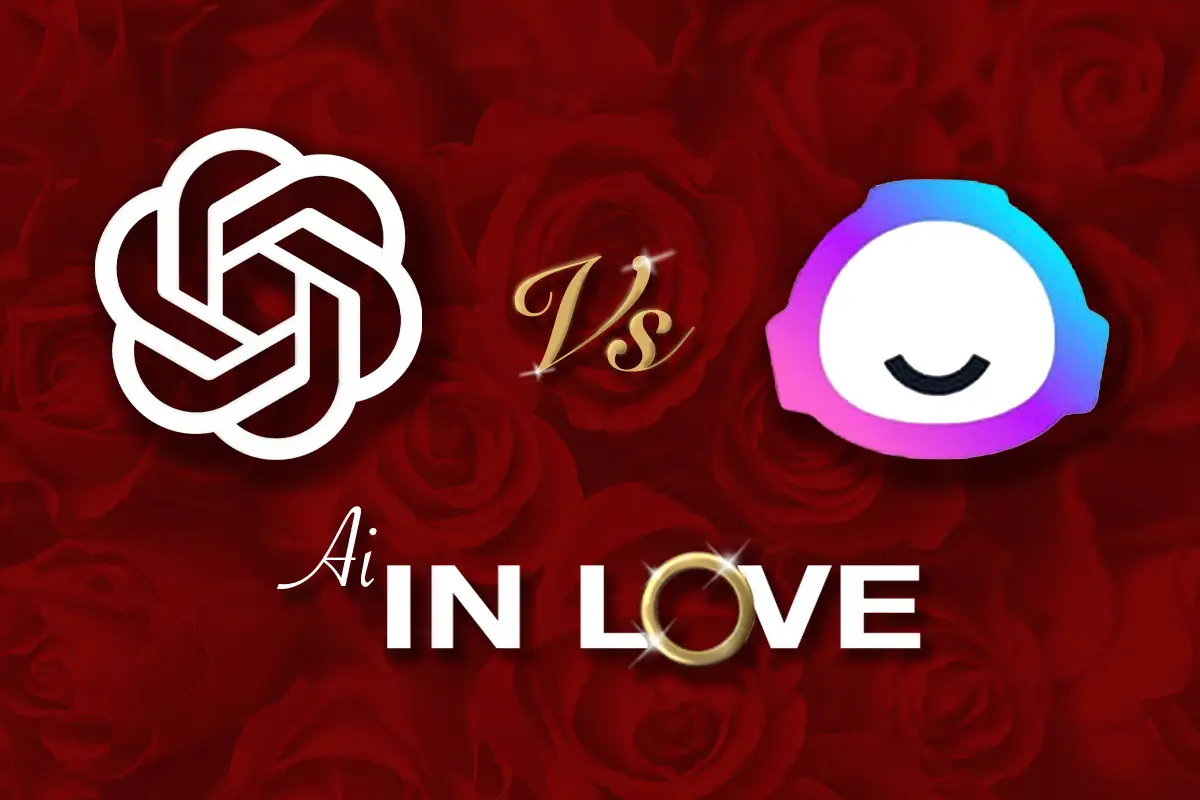Crafting a Social Media Strategy that Resonates with Your B2b Buyer Persona
If you’re a business-to-business (B2B) marketer, it can be difficult to know how to craft your social media strategy in such a way that resonates with your customers. After all, you're not targeting individuals but companies and company decision makers tend to be older than the 15-23 year olds that flood the majority of social networks. The common perception is that your B2B audience is typically older than the average social media user and may not be as active on social media as it is on other digital channels.
But you should NOT ignore this powerful tool!
With the right approach and intentionality, you can create an effective social media strategy that speaks directly to your B2B buyer persona and generates leads and sales. Let’s examine some of the best practices for doing just that.
Why Social Media for B2B?
First, let's address, why social? We already stated that social media may not be the biggest congregation spot for the business owners and marketing directors that we're trying to reach.
Your presence on social media, however, is one of the first places potential customers go to find out more about your business. Next to your website, it carries the most weight in building your online reputation and marketing your brand.
Social media was created for connection and authenticity. Platforms exist to bring people together, lower the barriers to communication (eg getting a quick customer service question answered via messenger on Facebook), and give a raw look into your brand personality, values, and latest activities.

Potential buyers may check out your social presence to not only get a feel for what products and services you provide, but how you do business. They are trying to answer the question, "Will you be a good fit and good partner for them?" so they'll be looking for: Do your customers talk favorably about you? How do you respond to customers who comment on your posts or raise questions or complaints? Do your posts demonstrate that you're an authority in your field and you stay up-to-date on the latest developments in your industry? Are you even posting at all or is your page stagnant and 'old'?
Just as you may review the social presence of the candidates you're looking to hire to make sure they will bring value and the right spirit to your team, so your B2B customers will check you out to determine whether you are the right fit for them. Perception is reality, right?!
OK, moving on. What's next?
Know Your Audience
AKA Define Your Buyer Persona. The foundation in developing an effective strategy is understanding who you are trying to reach.
A buyer persona is an in-depth profile of your ideal customer based on market research, data analysis, and interviews with current customers. Take into account factors such as age, job title, interests, goals, and pain points and create an accurate picture of who you want to target with your marketing efforts.
First, what kind of companies are you trying to serve (size, industry, location, etc)? Then, who are the buyers? What positions are the ones you need to reach? And who are they, corporately and also personally? What are their pain points?

When creating a buyer persona for B2B businesses, be specific about the type of customer you're looking for so your messaging is tailored to their needs. Include information about where they are located, what kind of content they engage with, what social channels they use, etc. This information helps craft the lens and framework from which you develop content that resonates with them and drives connection and conversation.
Take Action: Don't let this be another blog that is only good in theory. Actually jot down the characteristics of your current and/or ideal customer. Take an honest look at who that is so you can better market to them. Yes, do it now.
Choose the Right Platforms FOr B2B
Once you have a detailed picture of who your target audience is, the next step is deciding which platforms you will utilize to connect with them most.
Social media is a place of connection but is also used as a news source and even as a search engine to discover new companies and products. The biggest thing is to know where your customers are already spending time and to focus the majority of your resources there.
While there is some truth in the classic "if you build it, they will come," it is more cost- effective and time-efficient as a business to be the one to "go where they are."
Isn't it wonderful to have food delivered right to your door or someone to come to your home or place of work to change your car's oil or replace a cracked windshield on the spot? In our busy society, the stress-relieving convenience of someone coming to us is gold. The same principle applies to your digital marketing.
Go. To. Them.

There are more than a few social media platforms, and more being created. We'll highlight four of the biggest here but there are many more to consider which I'm sure you're familiar with (i.e. TikTok, Snapchat, Pinterest, Reddit, etc.).
• Facebook - Largest global platform currently. Great for promoting products and services, providing customer service, and having dialogue with customers.
• Instagram - Image and video-based. Great way to show off your company culture and promote products and services.
• LinkedIn - Great for business or industry networking, recruiting, education, sales, and engaging in thought leadership.
• Twitter - By-the-minute news source. Great for keeping up with industry trends and posting company updates.
Depending on who your target audience is and what type of content you plan on creating, some platforms may be better suited than others. Take the time to consider each one before making a decision about where you want to focus most of your efforts. Keep in mind your company goals, your staff capacity and where you can bring the most value to your customers to determine the best use of your resources.
Now, along the "more is better" line of thinking, there are SEO benefits in being active on as many platforms as possible. The more accounts you have, the more mentions of you online, the easier your business will be to find by your soon-to-be customers. Therefore it is advantageous to be on as many of them as makes sense for your target audience and budget.
Focus on Quality Content
When it comes to creating content for your B2B audience, quality matters more than quantity. While it’s important to stay active on social media by posting regularly, make sure that each post is well thought-out and adds value to the reader.

Adding value is essential if you want to increase engagement and build relationships with potential customers. Your content could be in the form of helpful articles, blog posts, infographics, videos, podcast, tips related to their industry, or insights into how they can use your product/service effectively.
Quality, value-add content is anything that offers useful information or advice related to the customer's pain points and interests.
No matter the form it takes, readers will begin to recognize you as a trusted resource and start coming back for more. It's the start of a relationship and first impressions are everything.
Keep in mind that while entertaining content can be great for building brand awareness and loyalty among existing customers, it won’t necessarily drive new leads or sales conversions; so focus more on providing value first!
Optimize Your Posts for Search Engines
Search engine optimization (SEO) isn’t just for website content—it applies to social media posts too. Include relevant keywords and phrases in each post so that your content has a better chance of showing up in search engine results pages (SERPs). You can also include metatags in your images. This will help increase visibility and reach more potential customers who are searching for topics related to your industry or product/service offerings.
Engage with Your Audience
Your goal should be to create meaningful relationship with your followers, nuturing them from prospect to loyal and lifelong customer. On social media, respond promptly when someone comments or asks a question on one of your posts. Your response time is often displayed as a part of your profile and can contribute to your business reputation.
Attentive responding on social media shows that you are listening to your audience and you care about their opinion. It also helps build trust over time since people tend to trust companies more if they feel like they have a connection with them beyond just buying their product/service. You should also keep an eye out for conversations happening on other platforms related to topics within your industry so you can join in when appropriate. Doing this will help establish yourself as an authority figure within the field and generate more leads in the process.

Easy Peazy, Lemon Squeazy
Creating and executive an effective social media strategy for B2B buyers doesn't have to be daunting—all it takes is a little bit of research and creativity! With some intentionality, you'll be set up to specifically target the buyers you're looking for (and who need you!) converting prospects into partnerships with ease. So, for a quick recap, here are the big five:
• Know your target market and learn to speak their language.
• Find where your target market spends its time on social, and "set up shop."
• Optimize your posts for SEO to increases your visibility
• Craft engaging content to resonate with your audience and provide value
• Engage with your followers to create lifelong relationships.
By following these guidelines, you'll be able to create a social media strategy that resonates with your target buyers and generates leads along the way!
Save time and mental struggle and






